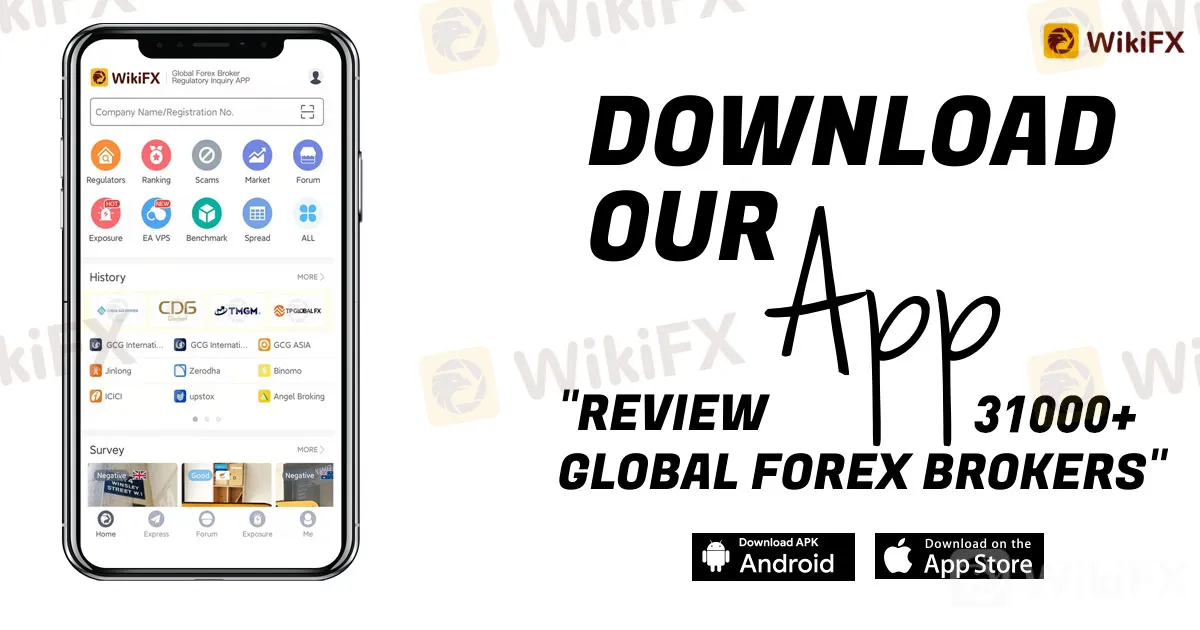简体中文
繁體中文
English
Pусский
日本語
ภาษาไทย
Tiếng Việt
Bahasa Indonesia
Español
हिन्दी
Filippiiniläinen
Français
Deutsch
Português
Türkçe
한국어
العربية
How Local Payments Boost Forex Appeal
Abstract:Forex traders are seeking new ways to deposit funds faster and to trade with less friction. To meet their demands, brokers are increasingly accepting popular local payment methods to enable smoother, faster payments.

In forex markets every second counts.
With local payment methods, traders are able to deposit Forex funds in real-time with less risk of false declines.
Forex or FX is one of the most actively traded markets in the world and the only one to trade 24/7.Individuals, companies and banks carry out around $6.6 trillion worth of Forex transactions - trading one currency for another - every single day.
Currently card transactions are the most common way for traders to deposit funds with Forex brokers.However, increasing chargebacks and the new SCA 2-factor authentication requirements, are reducing acceptance ratios and slowing trade.
In Forex markets every second counts. Having access to reliable, real-time payment methods is now a competitive differentiator for brokers and a deal-breaker for traders. Local card and digital schemes offer instant payments, fewer chargebacks and false declines and can boost approval rates especially for larger value transfers.
Brokers can attract traders with faster payments and higher acceptance
Unlike global card platforms (e.g. Visa and Mastercard), local schemes are alternative payment methods (APMs) that are typically specific to a country or region of origin. They include domestic card schemes, local electronic wallets and bank transfers.
Their use has been driven by digital commerce and most countries now have a domestic payment method that rivals traditional card schemes in terms of popularity. In Germany, for example, Girocard has a market share of 74%.
Transactions made through local payment methods are typically processed in under two seconds, allowing customers to deposit Forex funds in real-time.
With millions of Europeans already loyal to local and alternative payment methods, they can be a great way to attract new Forex traders to use your platform.
With local payment methods, traders are able to deposit Forex funds in real-time with less risk of false declines.
Europes most popular alternative payment methods
For those looking to upgrade their Forex trading platform with a local or alternative payment option, here‘s a quick guide to some of Europe’s most popular methods accepted on Forex platforms:
· Giropay (Germany) Around 45 million German customers, representing 80% of the countrys online banking customers, already use Giropay to instantly complete payments from their bank accounts. Forex brokers can tap into its appeal to grow their German user base.
· MyBank (Italy)
The best way to attract customers in Italy is to offer MyBank which gives access to more than 40 million users. An e-authorization solution, its based on SEPA payments and enables real-time digital payments and secure ID authentication through a mobile app or online portal.
· iDeal (Netherlands)
iDeal is the number one e-commerce payment method in the Netherlands. Offering convenience and security, its the first-choice transfer method for people who bank online with the main Dutch banks. Trading accounts can be easily connected to bank accounts with pre-filled forms and transfers are instant with no associated fees or charges.
· BLIK (Poland)
BLIK is a Polish mobile banking app that is currently available to more than 90% of all domestic bank customers in Poland . With 10 million Polish users, it makes an attractive and convenient offering for Polish Forex platforms looking for a high-growth mobile payment option.
· SOFORT
SOFORT, part of the Klarna Group, is an online direct payment service trusted by more than 85 million users and available in 13 countries. It‘s especially popular in Austria, Belgium, Switzerland and Germany. With SOFORT, traders can fund their broker accounts using just their online banking details. It’s much more convenient than other methods that require traders to sign up and then credit their accounts before they make a purchase.
Traders want to track, trade and pay using their mobiles
As traders increasingly use mobile devices to track and trade Forex on the go, other alternative methods like e-wallets are on the rise.
Options like Apple Pay and Google Pay provide fast, convenient, and mobile-friendly Forex deposit options compared to the likes of bank wires, which can take days for funds to arrive.
With e-wallets money is transferred immediately, with either no, or very low, fees. Trading customers can fund their forex account quickly and they can begin their trading whenever they want, wherever they are, direct from their mobile phone.
Grow your Forex business with TrustPay
Offering the right mix of payment methods is central to the success of any transaction business, Forex trading is no exception. It pays to have an experienced partner like TrustPay to help optimize your purchase platform for both international and local markets.
TrustPay can integrate a wide variety of traditional and alternative payment methods including all those mentioned above, allowing traders to manage their funds according to their own preferences.

Disclaimer:
The views in this article only represent the author's personal views, and do not constitute investment advice on this platform. This platform does not guarantee the accuracy, completeness and timeliness of the information in the article, and will not be liable for any loss caused by the use of or reliance on the information in the article.
Read more

Big News! UK 30-Year Bond Yields Soar to 25-Year High!
Following the successful auction of 30-year government bonds by the UK, the yield on 30-year bonds surged, reaching its highest level in 25 years. This increase reflects growing concerns in the market over the government's fiscal policies and large-scale debt issuance.

Beware of Fraudulent Letters: Malaysia’s Securities Commission Issues Warning
The Securities Commission Malaysia (SC) has raised an alarm over fraudulent letters and emails falsely claiming to be from the regulatory body. These fake communications are allegedly tied to illicit investment schemes that seek payments from unsuspecting investors.

Singapore’s New Law Allows Police to Freeze Scam Victims’ Bank Accounts
Singapore has enacted a new law enabling police to freeze bank accounts of scam victims as a last-resort measure to prevent financial losses.

Rising U.S. Corporate Bankruptcies Deepen Economic Concerns
In 2024, 686 U.S. companies filed for bankruptcy, marking the highest number since 2010.
WikiFX Broker
Latest News
Ghana Trader Jailed for $300K Forex and Crypto Scam
US Dollar Surge Dominates Forex Market
Hong Kong Police Bust Deepfake Crypto Scam Syndicate Involving $34 Million
Is it a good time to buy Korean Won with the current depreciation?
Pepperstone Sponsored the "Aston Martin Aramco Formula One Team"
ACY Securities Integrates MetaTrader 5 to Enhnace Copy Trading Service
Soegee Futures Review: Should You Trust This Broker?
Malaysian Pilot Loses RM1.36 Million in UVKXE Investment App Scam
Indonesia officially joins the BRICS countries
Attention! Goldman Sachs Cuts Gold Target to $2910
Currency Calculator






